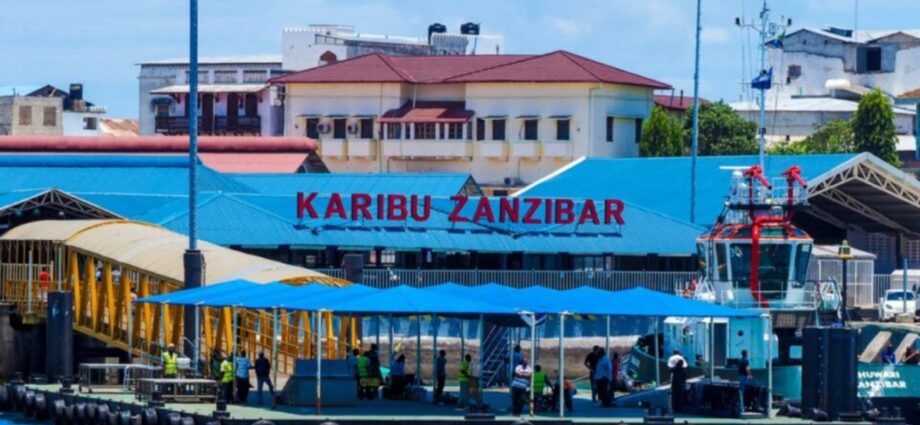Unguja. Visitors travelling to Zanzibar will now have to pay an insurance fee of $44 (about Sh118,360) with effect from September 1. The fee will cover them for up to 92 days during their stay on the island.
Speaking to The Citizen, the minister of Finance, Dr Saada Mkuya Salum, explained that this new arrangement aims to enhance services for visitors to Zanzibar.
“The insurance will cover various aspects that have previously been problematic for visitors, such as health, loss of baggage, accidents, emergency evacuation, loss of passports, and even repatriation of remains in case of death,” Dr Mkuya said.
She also mentioned that the government will assign dedicated staff to manage this insurance coverage to streamline service provision.
She emphasised that requiring visitors to pay for insurance is not unique to Zanzibar, as it is a common practice in many other countries.
“This is not a new concept; when we travel elsewhere, we also pay for travel insurance,” she noted.
The insurance coverage will be provided by the Zanzibar Insurance Corporation, a government-owned entity, and will not take into consideration whether one has another travel policy from elsewhere.
Prior to this, travel insurance was not mandatory in Tanzania and other East African countries. However, the announcement has caused concern in the tourism industry, which is a cornerstone of Zanzibar’s economy.
Tour operators who spoke to The Citizen fear that the additional cost may make the island a more expensive destination.
“With all the good intentions that the government has in enhancing visitor experience on the island, this could drive our visitors away because of a chain of requirements that they have to abide by,” said one operator who preferred anonymity.
This new development comes at a time when Zanzibar has announced that it is targeting some 800,000 visitors in 2024.















